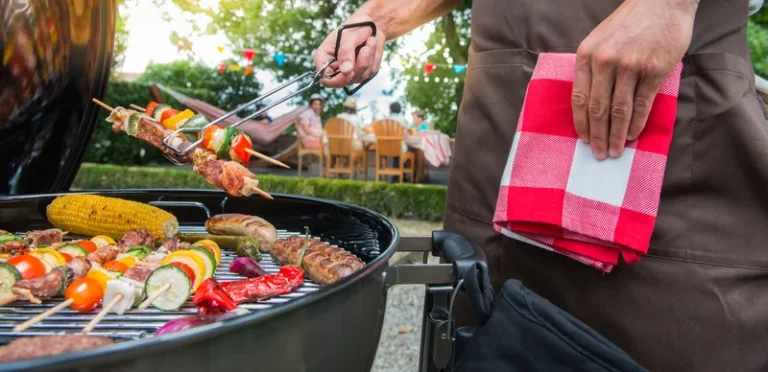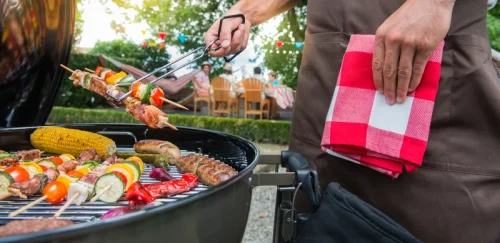
Sleep deprivation undermines recovery in indirect ways as well. And it robs people of the energy needed i relapsed again to rebuild their life. Craving is an overwhelming desire to seek a substance, and cravings focus all one’s attention on that goal, shoving aside all reasoning ability. Perhaps the most important thing to know about cravings is that they do not last forever.
- If you are at a gathering where provocation arises because alcohol or other substances are available, leave.
- If you start to overdose, naloxone can reverse an opioid overdose when someone gives it to you in time.
- When a person with a substance use disorder relapses, they need to take similar steps.
- Don’t worry, I created a whole guide on the best hobbies to make friends with, read it here.
Establish A Support System
“In the nine years since Lifespan of a Moth, our lineup has shifted. We lost a singer, gained Alex Shuster on lead guitar/producer, and I slid into the lead vocalist/rhythm guitarist spot. Lyrically, we’ve moved beyond the personal and inward grievances of our earlier work and embraced broader themes of conflict, like the hypocrisy of religion and its negative effects on the psyche. The provider has the chance to hear you and make a great decision for you, one that you could not have necessarily thought of yourself, which saves you from further heartbreak and damage caused by psychosis.
Manage Stress Levels
- To avoid relapse after a slip, many people attend support group meetings or therapy sessions.
- A relapse (“lapse,” “slip,” “setback”) is one of the most frustrating, humiliating experiences you can face in recovery from any problem habit.
- Most people in recovery from alcohol or drug addiction will relapse at some point in their lives.
- Individuals and treatment programs that take this view are more successful, and in the long run, those who accept and work to try again after a relapse are more likely to overcome their addiction eventually.
- Many people who relapse multiple times begin to lose faith that they can recover.
If a trigger is unavoidable, consider what you can do differently next time you face it. If you or a loved one has experienced a relapse, reach out to an admissions navigator at to learn more about your treatment options and how you can use health insurance coverage for rehab. It is also important to find ways to deal with stress that don’t involve relying on alcohol, substances, or harmful behaviors. Stress relievers that might help you manage acute and long-term stress include deep breathing, meditation, and mindfulness practices.
- Recovery is lifelong, and a relapse can happen at any time, even after years of not drinking.
- Certain things can sabotage sobriety, such as dysfunctional family dynamics, toxic friendships, social isolation, and unhealthy daily routines.
- For a shopaholic trying to follow a budget, a relapse could be going on a full shopping spree.
- In some situations, people must end relationships with others to fully recover and live healthy lives.
- They live with spouses who use or drink, or they keep the same group of friends.
Your Body’s Warning Signals: When Physical Symptoms Indicate Mental Health Issues
If you feel down for more than 2 weeks, and it’s affecting your daily life, your depression might be back. To learn more about self-harm and get support, check out The Mighty’s Guide to Understanding Self-Harm, with info specifically for young people, adults and parents, plus additional self-harm resources. If you have already gone through treatment and are struggling with the potential or reality of relapse, help is available. Some substances, such as alcohol, can be dangerous to detox from alone without medical intervention. If you’re not already in contact with a treatment service, now could be a good time to speak to one.

Personal Perspective: Knowing when to contact your provider about new symptoms.
If you do relapse, know that it isn’t the end of the world. With further treatment and dedication, you can maintain sobriety. Every alcoholic possesses genetic traits Substance abuse that helped cause alcoholism to develop in the first place.

You’re unable (or can’t be bothered) to delay gratification
It is also necessary to know that they are not a sign of failure; they are inevitable. But their lifespan can be measured in minutes—10 or 15—and that enables people to summon ways to resist them or ride them out. • Avoid situations where people are likely to use drugs or alcohol.


During a relapse, a person returns to using a substance. A single use might cause a person to feel unmotivated, guilty, or ashamed of their actions. It can also result in intense cravings that then lead to further use.

Regardless of the timeline, it can be demoralizing to feel depression symptoms, such as sadness, fatigue, and irritability, creeping back into your life. Possible substitutes can be designated in advance, made readily available, listed in a relapse prevention plan, and swiftly summoned when the need arises. But not all situations linked to relapse are negative. Positive moods can create the danger of https://ecosoberhouse.com/ relapse, especially among youth. Research identifying relapse patterns in adolescents recovering from addiction shows they are especially vulnerable in social settings when they trying to enhance a positive emotional state.
0 komentarzy